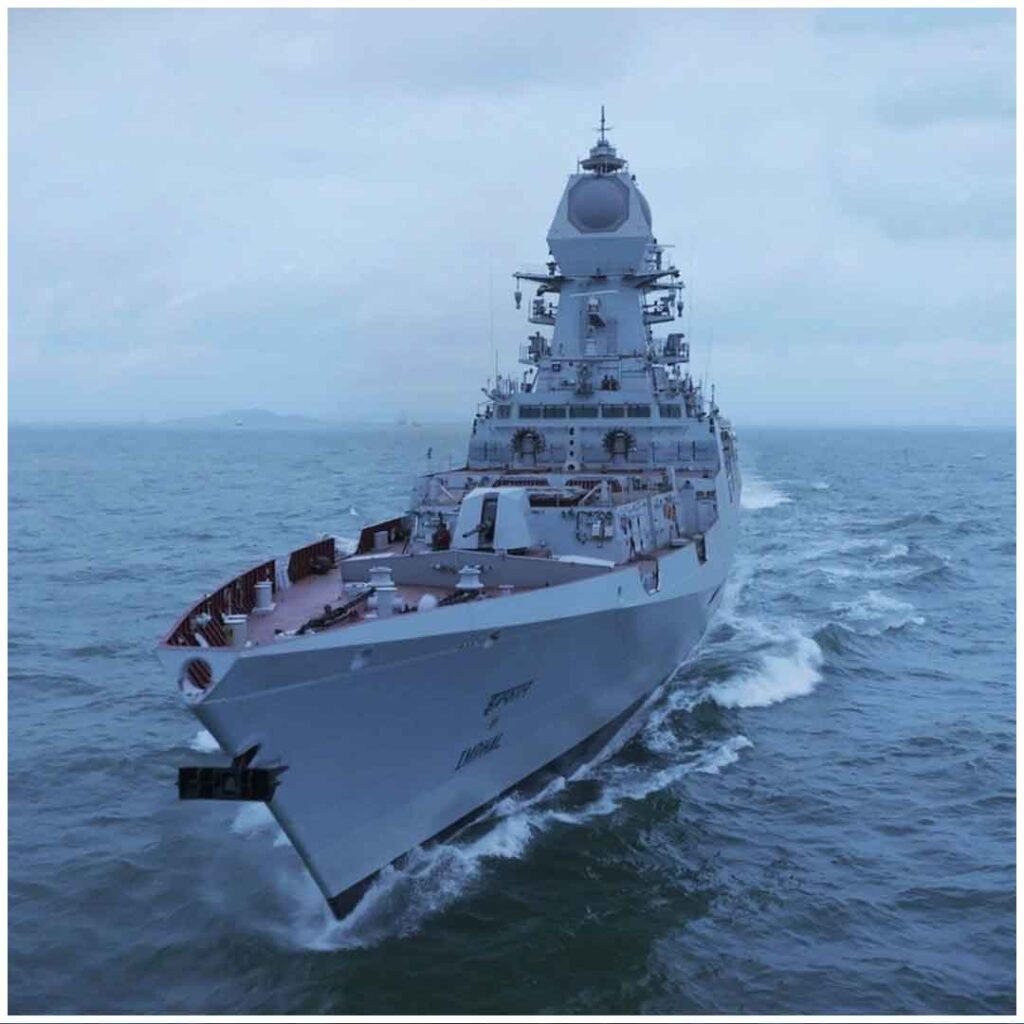The strategic partnership between India and the United Kingdom in defense and technology has taken a significant leap forward with both nations moving toward an agreement on the development and implementation of electric propulsion systems for warships. This collaboration is set to enhance the operational capabilities and environmental sustainability of the naval fleets of both countries, marking a milestone in their long-standing defense relations.

The Significance of Electric Propulsion Systems
Electric propulsion systems represent a revolutionary advancement in naval technology. Unlike conventional propulsion methods that rely on diesel or nuclear power, electric propulsion offers numerous benefits, including reduced noise levels, greater fuel efficiency, and lower emissions. These features not only contribute to environmental conservation but also enhance the stealth capabilities of warships, making them harder to detect by enemies during operations.
The shift towards electric propulsion is part of a broader trend in military technology focusing on sustainability and efficiency. For warships, the adoption of this technology means longer durations at sea without refueling, and a decrease in logistic needs and operational costs.
Strategic Implications of the India-UK Agreement
The agreement between India and the UK is strategically important for several reasons. First, it allows both nations to pool their technological resources and expertise, which accelerates the development and deployment of advanced technologies in their respective naval forces. For the UK, this partnership is an opportunity to strengthen its ties with one of Asia’s leading powers, aligning with its “Global Britain” initiative.
For India, collaboration with a technologically advanced partner like the UK enhances its defense capabilities and supports its goal of modernizing its military forces. This partnership also positions India as a pivotal player in regional security dynamics, especially in the Indian Ocean, where increasing maritime trade and emerging security threats call for advanced naval capabilities.
Technical Challenges and Opportunities
Developing and integrating electric propulsion systems into warships involves several technical challenges. These include the design and manufacturing of high-capacity electric motors and generators, as well as the development of batteries or fuel cells with sufficient density to store the necessary power for prolonged operations. Additionally, retrofitting existing ships with new systems or designing new classes of electrically powered warships requires significant investment and time.
However, these challenges also present opportunities for innovation and development in related fields, such as energy storage and power management technologies. Success in this endeavor could spur advancements in civilian maritime technology, potentially leading to more sustainable commercial shipping practices worldwide.
Conclusion
As India and the UK finalize their agreement on electric propulsion systems for warships, the focus will likely shift to implementation and testing phases. The collaboration could serve as a model for international defense and technology partnerships, promoting not only technological advancement but also political and security cooperation.
The development of electric propulsion systems is expected to have far-reaching effects, influencing future naval warfare and leading to more environmentally friendly military practices. This initiative is a testament to the increasing importance of innovation and sustainability in global defense strategies and demonstrates the potential for advanced technologies to reshape international security landscapes.






















